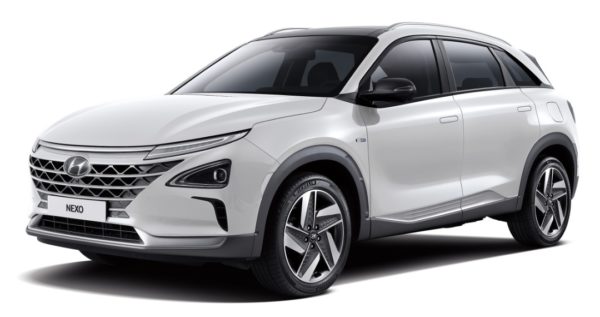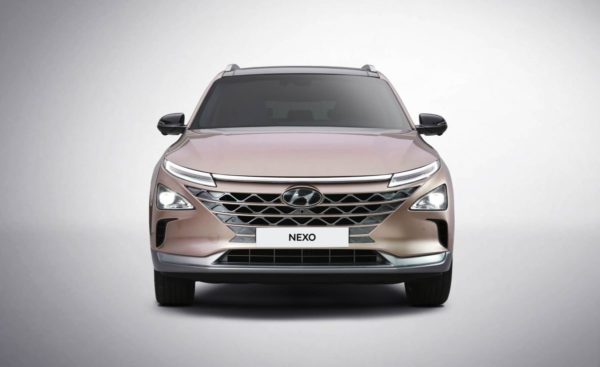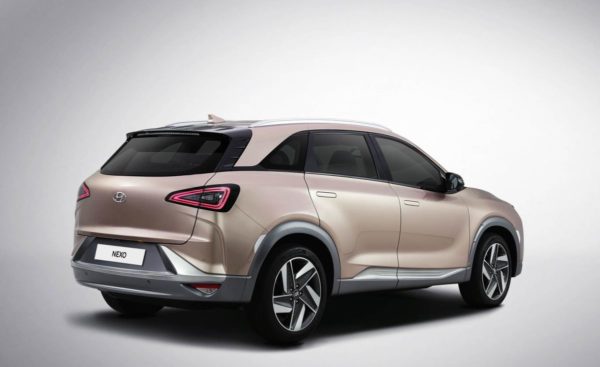Hyundai Motor Group and Audi AG announced that both the companies have entered into a multi-year patent cross-licensing agreement, covering a broad range of fuel cell electric vehicle (FCEV) components and technologies. Under the new partnership, both the companies will make joint efforts in developing FCEVs, to lead the automotive industry to a more sustainable future.
The cross-license agreement that has been signed between Hyundai and Audi also covers and benefits both companies’ affiliates, including but not limited to Kia Motors Corporation and Audi’s parent company Volkswagen AG. Hyundai and Audi, as well as their affiliates will equally share the patent licenses over the years to come. The duration of the agreement has not been disclosed. Both the companies have also agreed to explore opportunities for a next step in their collaboration. This next step will aim to lead industry standards in fuel cell technology as well as accelerate FCEV development and spur innovation in this technology, providing more advanced mobility options to customers.
The partnership between Hyundai Motor Group and Audi will leverage collective R&D capabilities in fuel cell technology to elevate their presence in the FCEV market. Therefore, the agreement also includes mutual access to fuel cell components. As a first step, Hyundai will grant its counterpart the access to parts that are based on Hyundai’s know-how accumulated from the development of ix35 Fuel Cell as well as Nexo. Audi will be responsible for the development of fuel cell technology within the Volkswagen Group and will also be able to take full advantage of Hyundai’s FCEV parts supply chain. Hyundai has been offering SUV-Class FCEVs since 2013, and currently sells them in 18 countries around the world.
Hyundai Motor Group also plans to strengthen its competitiveness in the fuel cell components industry, engaging in new business opportunities created by the new partnership. Hyundai Mobis is expected to continuously expand its role for developing and supplying proprietary core components for Hyundai and Kia FCEVs. In 2017, Mobis became the first company to establish an integrated production system for core components of FCEVs. The company’s plant in Chungju, South Korea, currently has the production capacity of 3,000 powertrain fuel cell complete (PFC) modules per year. PFC modules are comprised of fuel stacks, drive motors, power electronic components and hydrogen fuel supply units. Mobis will raise the plant’s capacity to tens of thousands of PFC modules down the road, depending on market demand.
Long ranges and short refuelling times make hydrogen an attractive future source of energy for electric mobility. This is particularly true for larger automobiles, where the weight advantages of the fuel cell vehicle inherent to its design are particularly pronounced. Key aspects for its future market success include the regenerative production of hydrogen and the establishment of a sufficient infrastructure.



